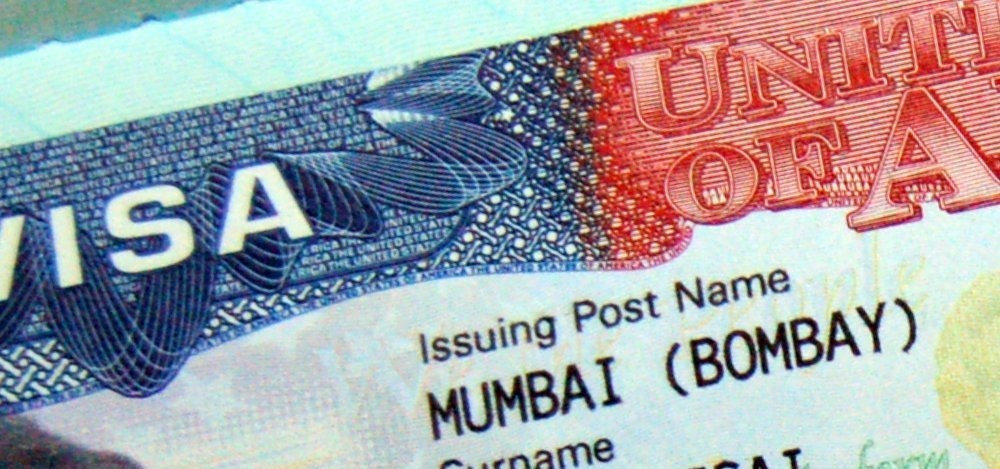
We’ve been strapped on with all the changes going on around the H-1B visa norms since 2017. They’ve nothing but tightened under Trump’s administration, vigilant to secure maximum good quality jobs for American citizens.
There has however been some declarations and steps towards smoothing the whole process for the welfare of foreigners, applying for different kinds of visa to enter the country. Almost recently, on Thursday, the US Embassy advised the Indian applicants to apply for their work visas at least 90 days prior to their date of employment.
Indians to Apply Work Visa 3 Months Before Employment
There has been a mad craze for Indian techies to flee off to America and work in big IT firms there. Most of them have chosen this path by joining Indian IT giants like TCS and Infosys, with projects operating at large scales on foreign grounds. We have covered a plethora of stories depicting the insane rate at which Indians have been travelling overseas, especially the US.
Amidst all the commotion enveloping the visa situation, the US Embassy asked visa applicants in India, to apply for their work visas up to 90 days before their employment begins.
The Embassy tweeted the applicants on Twitter saying, “Applying for your work #USvisa? You can apply up to 90 days before the employment start date noted on your I-797 form.”
What Is The I-797 Form
The I-797 form is a document which the United States Citizenship and Immigration Services (USCIS) uses “to communicate with applicants or petitioners or convey an immigration benefit,” as per the USCIS website.
Work visa for Indian citizens is one of the pivotal in US-India bilateral ties, with the H-1B being the most sought after visa among Indian professionals. H-1B is a non-immigrant visa that allows US companies to employ foreign workers in fields of theoretical or technical expertise. The technology companies depend on it to hire multitudes of employees each year from countries like India and China.
Just recently, we covered an article informing you that of Homeland Security (DHS), a US federal agency proposed that a registration fee of $10 must be charged on new H1-B visas, incurring offsetting costs in the process. This is expected to come into force for the upcoming application cycle, starting from April 1, 2020.

Comments are closed, but trackbacks and pingbacks are open.